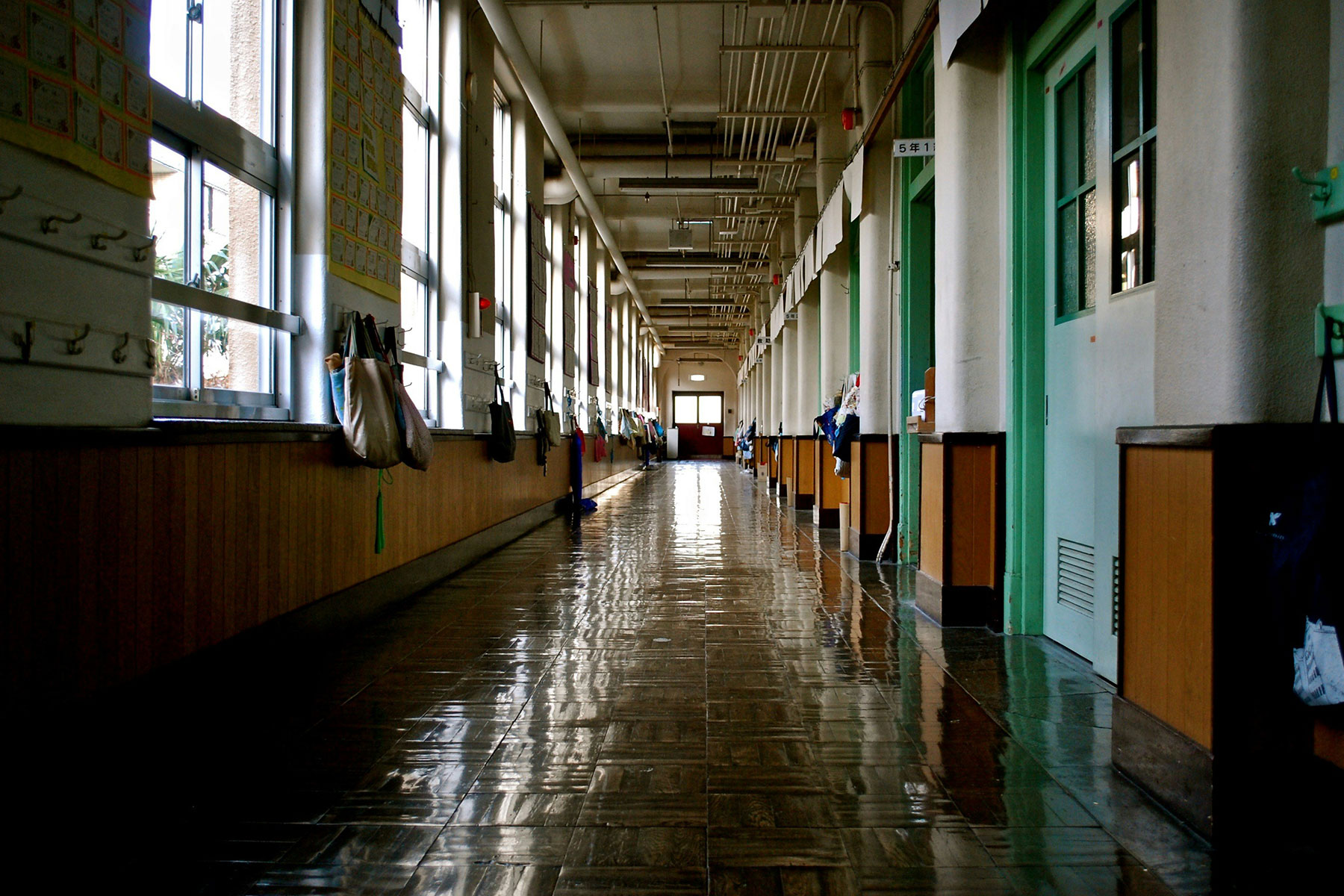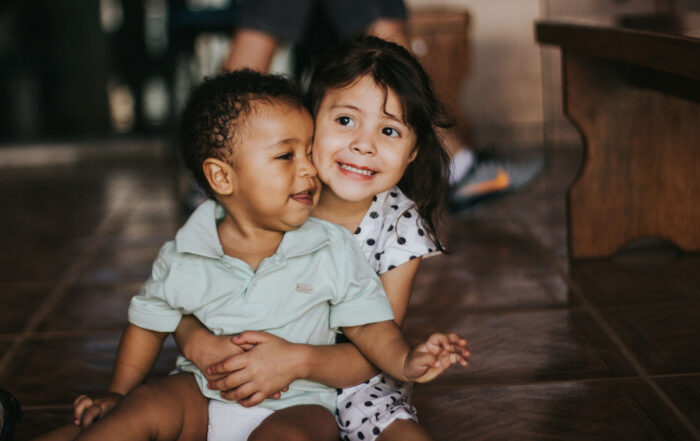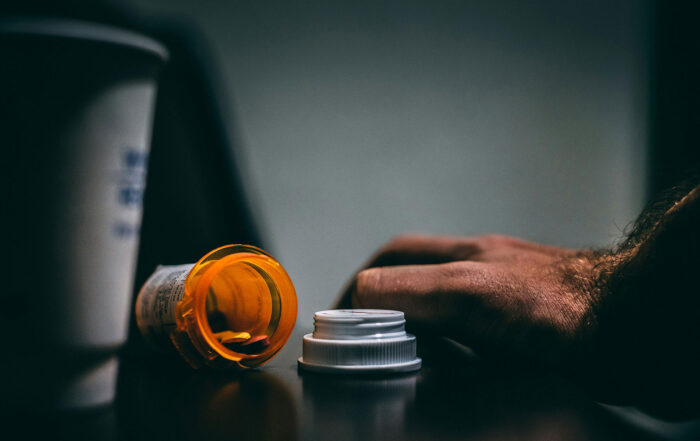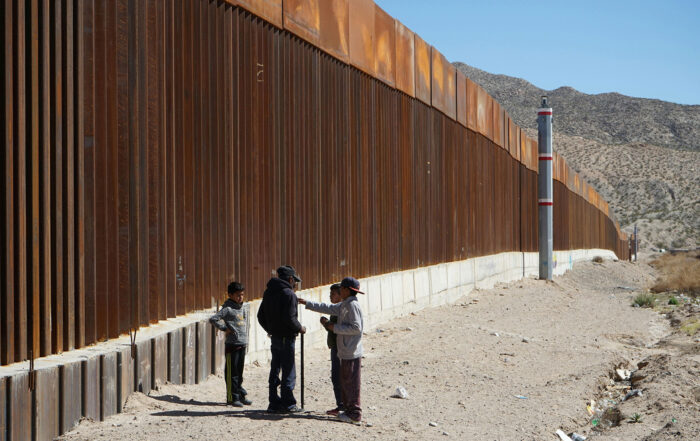
By The National Child Traumatic Stress Network
The recent shooting has been an extremely frightening experience, and the days, weeks, and months
following can be very stressful. Your children and family will recover over time, especially with the
support of relatives, friends, and community. But families and youth may have had different
experiences during and after the shooting, including those who may experienced physical injury,
involvement in police investigation, worry about the safety of family members and friends, and loss of
loved ones. How long it takes to recover will depend on what happened to you and your family during
and after this event. Some adults and children have been seriously injured and will require medical
treatment and long-term rehabilitation. Over time, some youth and adults will return to normal
routines, while others may struggle. Children and teens may react differently to the shooting
depending on their age and prior experiences. Expect that youth may respond in different ways, and
be supportive and understanding of different reactions, even when you are having your own reactions
and difficulties.
Share This Post!
Is It ADHD or Trauma
By Caroline Miller When kids have behavior and attention issues in school, the first explanation that comes to mind is often ADHD. But exposure to trauma can also cause symptoms that [...]
Student Trauma Is Real. But Connection Can Heal.
By Gary G. Abud, Jr. As humans, we are hard-wired for connection with each other. When we face challenging life situations, we often seek out and lean on others. Relationships are [...]
Children, Teens Are in a ‘Mental Health State of Emergency,’ Child Health-Care Groups Warn
By Alyson Klein There’s been a quieter, parallel pandemic happening alongside COVID-19: a spike in significant mental health problems among young people, spurred by isolation, uncertainty, fear, and grief. Mental health [...]
Making the Connection: Trauma and Substance Abuse
Data from the most recent National Survey of Adolescents and other studies indicate that one in four children and adolescents in the United States experiences at least one potentially traumatic event before [...]
Helping immigrant children heal
Twenty years ago, Hami Torres fled Mexico at age 13, her 11-year-old brother in tow. Terrified, they trekked for hours with a group of older strangers through desert scrub that slashed Hami's [...]
What is test anxiety and how can we support students when they experience it?
As the first day of school approaches, parents and children gather their backpacks as educators finalize lesson plans and ready their classrooms. The new school year offers a fresh start for students [...]







